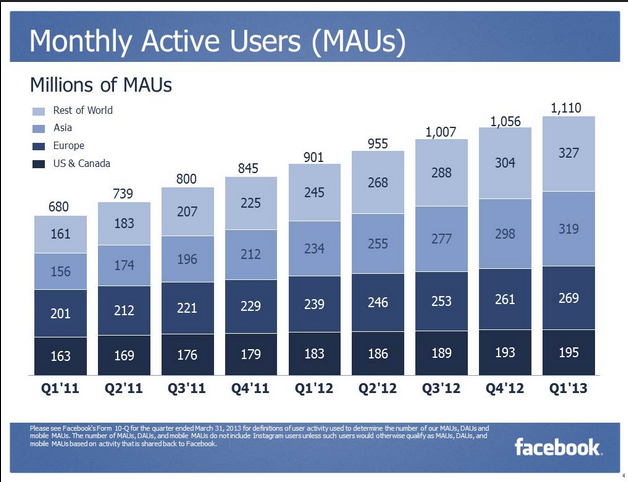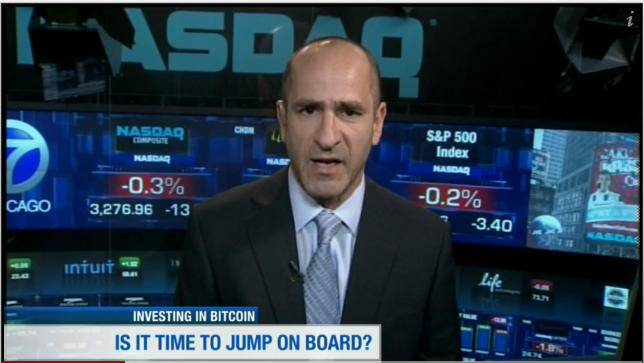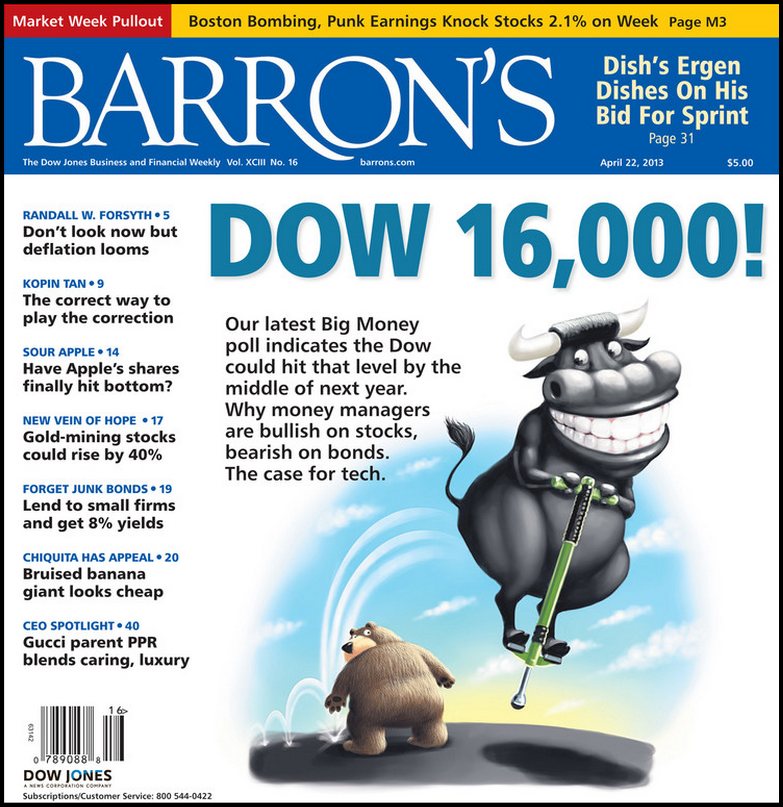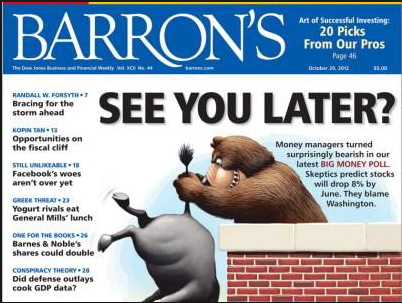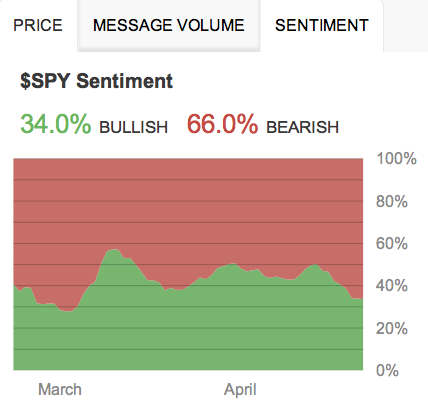There must be a small group of geniuses inside the Googleplex who have been observing Bitcoin and thinking deeply about potential implications.
While many of us smirk, myself included, at the illiquidity and the volatility, Bitcoin raises some big and novel issues that might seem obscure at this point:
First, Geopolitical & Macroeconomic – Let’s think for a moment about how invested nations have become in trying to control the value of their own currencies. It has been a race to the bottom for the Yen and at times the Dollar in an effort to spur growth while the Chinese collared the Yuan to keep it from rising. Much of this relates to international trade and so all currencies are intrinsically tied to one another. Even the way we trade currencies are paired, relative to each other.
Further, fundamental currency value is only derived from the faith of the underlying issuer. There is no gold or anything else standard.
Next, Technological – Bitcoin is an experiment. It may fail and I suspect it will but the implication that we are now capable, technologically, of creating an electronic currency not backed by a nation can never be undone. Others, who have learned from the experiment, might create currencies that solve structural and technological shortcomings of Bitcoin. Proof of concept exists and this can not be undone.
(There are also potential sociocultural implications but I will leave a more detailed discussion of this for another day.)
While I don’t hear analysts, political figures or the representatives of financial institutions taking Bitcoin seriously, geniuses who are open to new ideas must be thinking through some of this.
Google does amazing things that at first appear preposterous and that average people mock initially (BTW, Fred Wilson wrote a good piece about this the other day). They’re building driverless cars, experimenting with inexpensive internet services 100x faster than current offerings and building computerized eyewear to name a few.
If Google decided to launch a currency they might resolve 2 of the issues raised above.
On the technology side, there is no one better equipped to fuel and service a global currency created out of whole cloth. Certainly, they would be better prepared than the distributed but faulty network that hinders Bitcoin to this point. Google would also have the second mover advantage which allows them to think through the Bitcoin mistakes and rectify beforehand. Recall, they did this with search coming well after Lycos and Alta Vista and then crushed them.
On the fundamental value side. Google could back the currency with the full faith and credit of, well, Google, a highly profitable company with a 265B$ market cap that already has its own currency in some respects, their publicly traded shares.
Maybe Google partners with a Visa or American Express or a similar established company that has an expertise in transactions and currency.
Maybe they spin the currency out and make it a non-profit…
This has been a thought experiment as we head into the weekend, entertaining the crazy ideas…
$GOOG $V $AXP





